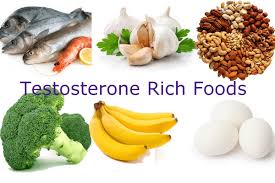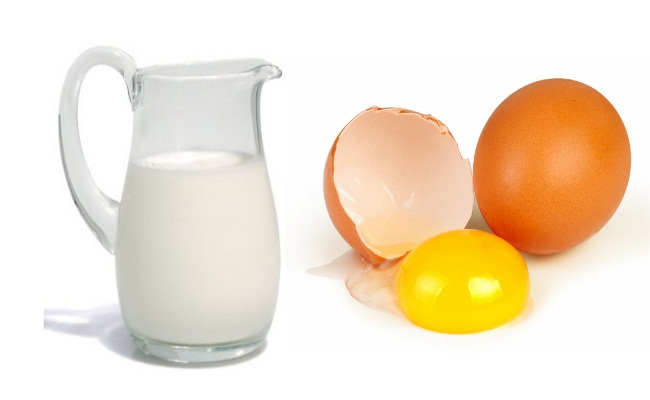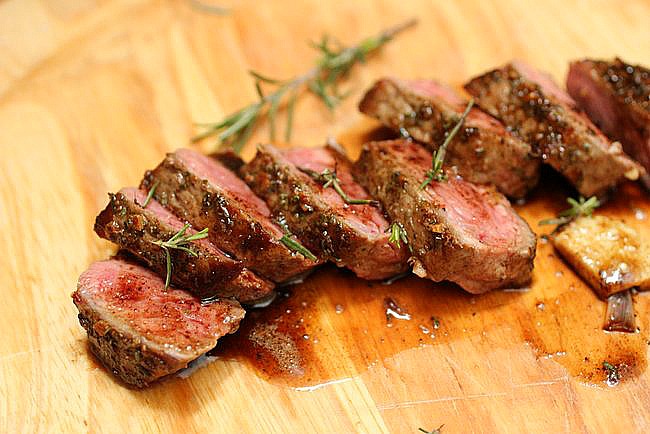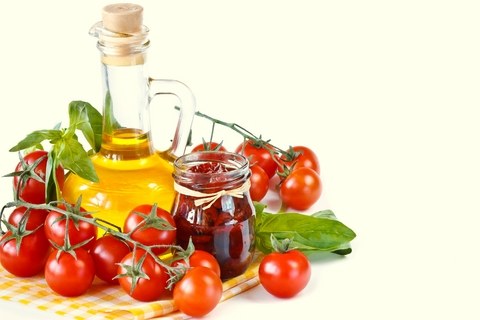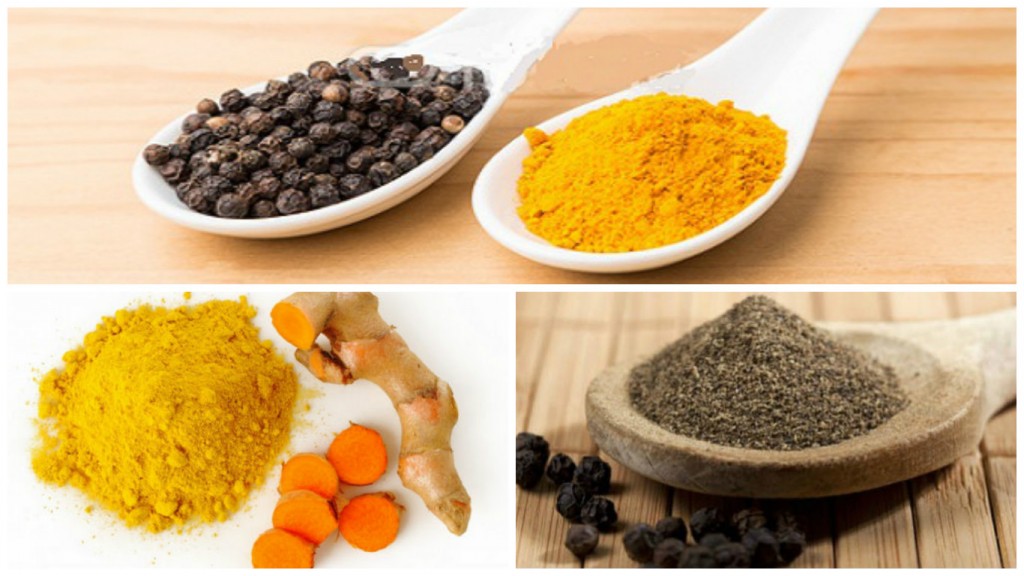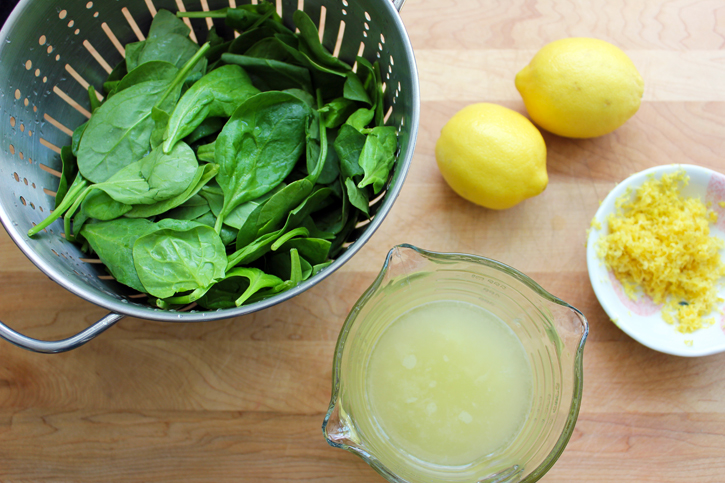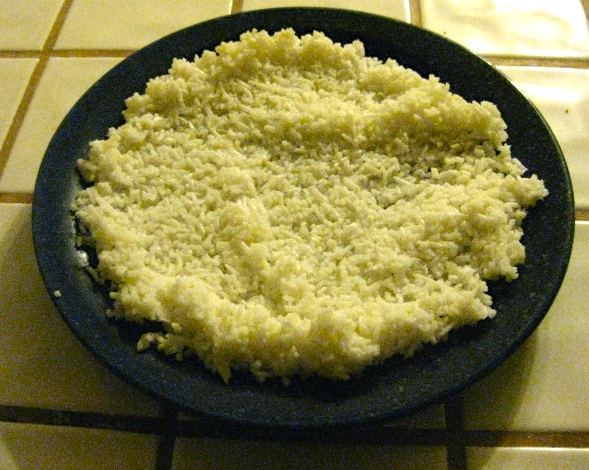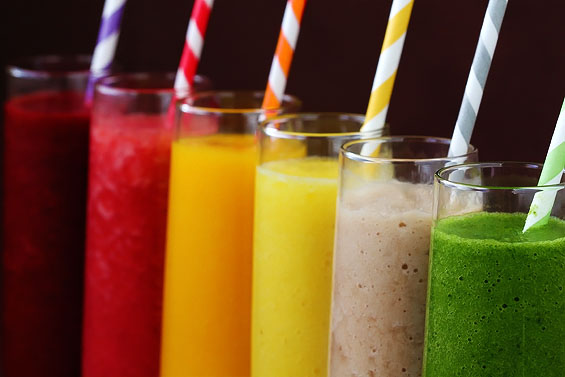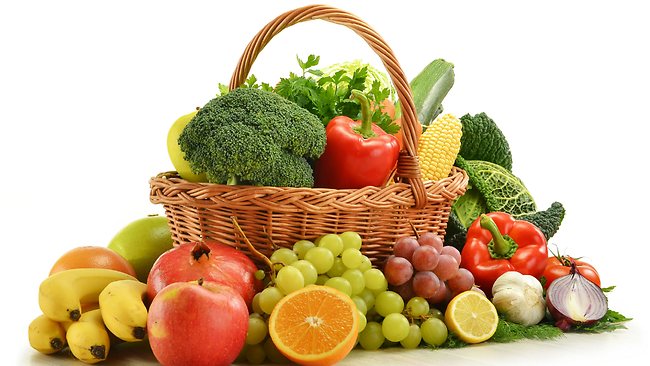
Bones are a crucial part of our body. They are responsible for many of our body’s crucial functions, including movement, organ protection, production of blood cells, storage of minerals, and support for the rest of our body. Strong bones are like the foundations and support walls of a building; if they are strong the building is strong and can weather all sorts of conditions for years to come. Healthy, strong bones enable us to lead long, healthy life.
A balanced diet rich in fresh, whole foods is the foundation for good bone health. For strong bones, the key nutrients we look for is Protein, calcium, vitamin D, Fruits and vegetable (antioxidants).
Protein
- Protein helps to form collagen fibre which is the framework for bones. Adequate intake of protein is necessary for healthy bones. Low protein intake can create a risk of bone fracture
Calcium
- Supports your bones and teeth structure, while Vitamin D improves calcium absorption and bone growth.
Fruits and vegetables:
- Most of the fruits and green leafy vegetables are a good source of potassium which helps to promote the bone health
- Fruits and vegetables are a good source of antioxidants, vitamins and minerals …thus help to maintain muscles and support them
Good food for bones
| Foods | Nutrients |
| Dairy products: Milk, curd, buttermilk, Paneer, Chesse | Calcium |
| Ragi, Til, Rajgeera, coconut | Cereals |
| Lean Meat: fish, chicken and egg whites, Sprouts and pulses | Protein |
| Sunlight | Vitamin D |
| Banana, sweet lime, orange, muskmelon | Fruits ( High in potassium ) |
| All green leafy vegetables like methi, cabbage, cauliflower leaves, kale, collard greens, spinach, turnip greens, aluwadi (Colocasia/Taro) leaves | Vegetables ( source of potassium ) |
Tips to increase bone health
- After your 30’s keep a check for vitamin D and calcium levels in your body.
- Have foods that are rich in calcium, proteins, vitamin and minerals
- Quit Smoking as smoking increases bone loss. Limit your drinking. Decreased estrogen level in women thus leads to low absorption of calcium which leads to loss of bones and drinking hinders the calcium absorption.
- Avoid table salt (avoid too much of sodium) in food as it leaches the calcium from the bones (Restrict processed food where salt is used as preventives), use tomatoes, tamarind pulp, lemon to restrict the salt intake.
- Stay active. Walking is the best exercise or try weight-bearing exercise against gravity as it strengths the bone by stimulating bone cells which helps the bone to become denser and stronger.
Not looking after your bones can increase your risk of breaks and this can impact your health. A break can affect your quality of life and even cause severe pain or disability.
